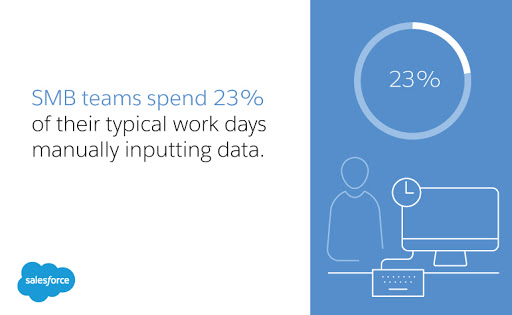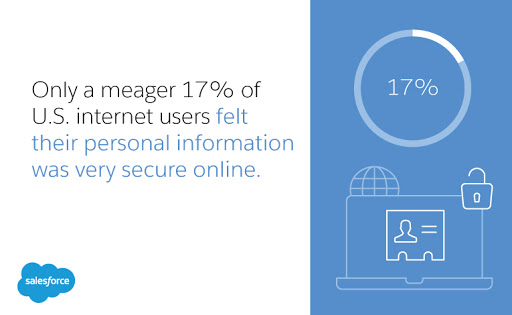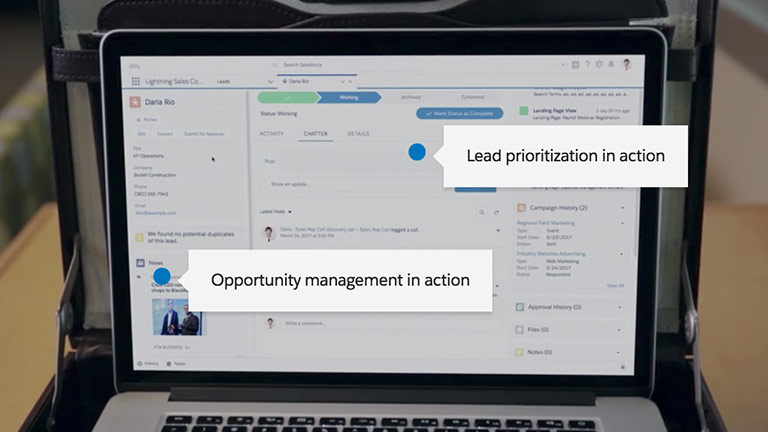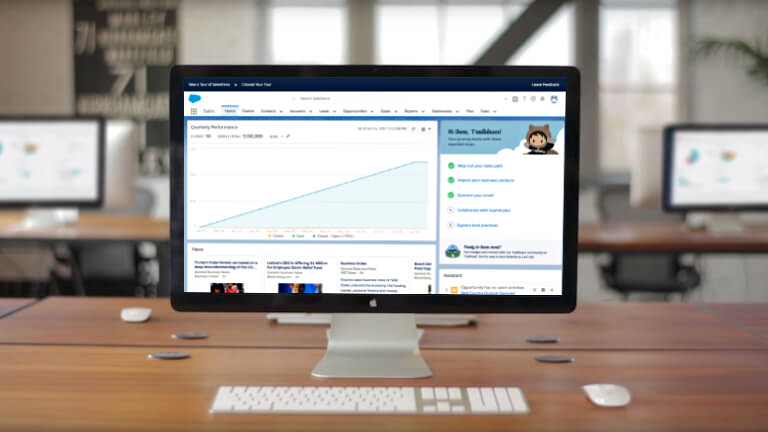5 Reasons Your Company Needs a Client Organizer

As the way we do business continues to transform, it’s becoming more important for organizations to streamline their business processes and client communication in order to effectively manage each facet of their enterprise to boost revenue and avoid getting left behind.
New and ever-improving technologies like client organizers, web-based CRM solutions, and contact management software are enabling businesses to be faster and more efficient than ever before at connecting with and retaining new clients and customers.
Regardless of the industry, every company needs tools to keep customer information secure and better acquire, nurture, and retain customers and clients. The reasoning is quite simple. Whether you run a tax and accounting firm or a small law practice, you need to acquire and retain customers and clients in order to grow your operation.
But while most companies understand the need for organization and client retention, many still struggle to implement the lasting solutions and processes needed to improve. Just how dire is the crisis of organizing customer data and ensuring a rich and rewarding experience for each client? Why is it so important to have a reliable contact management software or client organizer? There are numerous challenges facing businesses and finding the right solutions, and fast, has never been more critical.
What are some of the biggest challenges that businesses face?
Disorganization
Wasted time
Stress
Data security
Unnecessary clutter
Disorganization
Disorganization of important information and tasks leads to wasted time and lower productivity. In fact, research shows that the average executive loses an hour of productivity each and every day searching for missing information. Keeping track of tasks, workflows, and documents is important, but tracking where each customer is in the customer journey may be even more crucial. Having a quick and streamlined process to reach out to existing clients throughout the duration of your partnership with them is also vital. Unfortunately, growing levels of time and money are wasted simply because of disorganization in the workplace.
Wasted Time
Wasted time at work encompasses more than what meets the eye. While most organizations experience incidents where particular employees consistently waste and fail to effectively manage their time, there’s more to the puzzle. Often, there are unnecessary and time-consuming processes and procedures that are eating into time that could be spent on more meaningful and worthwhile company pursuits. Data input, for example, is one area that sucks significant time. According to research on SMB trends, on average, SMB teams spend 23% of their typical work days manually inputting data. And this is just one example of hundreds that could be cited when it comes to wasted time at work.

Stress Leading to Lower Levels of Productivity
Few things kill innovation and progression more quickly than negative stress, and unfortunately, it’s on the rise. One study found that in 2017, 37% of adults in the U.S. said their stress level had escalated compared to the previous year. The same study found that work load had a great deal to do with occupational stress levels. Sadly, it seems a fair number of organizations overburden employees with tasks, many of which could be solved through better processes or innovative new technology.
Data Security
Data security is an increasingly prominent pain point for organizations, particularly as GDPR regulations have become more stringent and enforced. It’s not just large corporations that are worried about data security, but also customers. Many internet users are skeptical about the security of their personal information. A study in August 2017 found that only a meager 17% of U.S. internet users felt their personal information was very secure online. While many companies understand the importance of data security, there is still a large number of organizations that struggle to keep client and customer data organized and secure.

Unnecessary Clutter
Clutter in the workplace means much more than just a messy desk. It means overlapping systems and solutions that do more harm than good. It means failure to streamline customer journeys. It means too many productivity tools and not enough actual progress. Businesses are burdened with clutter in countless other areas. Failure to consolidate, document, and improve customer lifecycles and client relationships leads to lost business. It’s often the result of clutter.
A Client Organizer: The Solution to Businesses’ Most Common Problems
The pain points detailed above can best be solved through one comprehensive solution: a client organizer. Quite simply, a client organizer helps bring all relevant client or customer information onto one platform to improve communication and enhance security, improving organization and eliminating unnecessary clutter.
Here Are 5 Ways a Client Organizer Can Help Businesses Thrive:
A client organizer enhances organization, leading to higher profits.
A client organizer frees up time.
A client organizer reduces stress and increases productivity.
A client organizer offers more security.
A client organizer reduces clutter.
1) A client organizer enhances organization, leading to higher profits.
It’s no secret that improving organization and streamlining processes can lead to increased profitability. That’s why bringing all client and company data into one place is a key concern for many businesses. In fact, 82% of small and midsize businesses say it’s important to have their business data connected all in one place. While the recognition is there, the ability to implement solutions to connect data is lacking. Only 64% of SMBs say their data is connected. A client organizer often includes contact management software and address book software that enable you to keep client information in one tidy place to enhance organization and productivity.
2) A client organizer frees up time.
Keeping track of client and customer email addresses is difficult enough, not to mention the numerous touchpoints along the client and customer journey. The bottom line is that keeping tabs on customers and clients can be incredibly time consuming. Instead of trying to collate the information from several different teams to get a clearer picture of each customer or client, many organizations find success with a robust, yet intuitive and efficient client organizer.
3) A client organizer reduces stress and increases productivity.
Sifting through customer data and collating it all into a spreadsheet takes time out of your day. Trying to find that information later can be stressful. A client organizer is a stress-free solution that does the grunt work for you so that you can access the information you need, when you need it.
4) A client organizer offers more security.
Unfortunately, it may not be difficult to find that there are a number of small and midsize organizations that keep track of sensitive customer data on shared spreadsheets. If this is the case, it’s easier for customer data to leak or get into the wrong hands. With a secure client organizer, data is kept safe and regulations are met, giving both companies and customers peace of mind.
5) A client organizer reduces clutter.
Contact information and exchanges with clients and customers all under one roof means less clutter. The right client organizer will wrap business contact management software and customer relationship management solutions all into one platform or command center. This will greatly reduce clutter and allow organizations to streamline processes.
Implementing a Client Organizer with Contact Management Software
Once you understand your organization’s need for a client organizer with contact management software, you’ll need to know the steps to take in order to find the right solution and get it implemented. Here are some things to consider when selecting a client organizer.
The needs of your organization
Organization size
Your budget
Considering the Needs of Your Organization
Depending on your industry and specific goals, it’s likely that your specific needs when it comes to a client organizer, business contact manager, or contact management software will vary. Take time to determine the features and integrations you will need. Some providers will allow you to watch free demos in order to determine exactly the right solution for your situation.
Considering the Size of Your Organization
Some client organizers have different packages and offerings depending on the size of your organization. Depending on the client organizer solution you choose, it may be important to determine how many administrators or gatekeepers you’ll have and how many customers or clients you’ll want to organize.
Considering Your Budget
Generally a higher budget means more functionality and customizability. Look into different solutions that fit within your budget while offering the functionality that you desire. It’s best to find a solution that allows you to easily scale and add customizations and integrations as your company grows.



